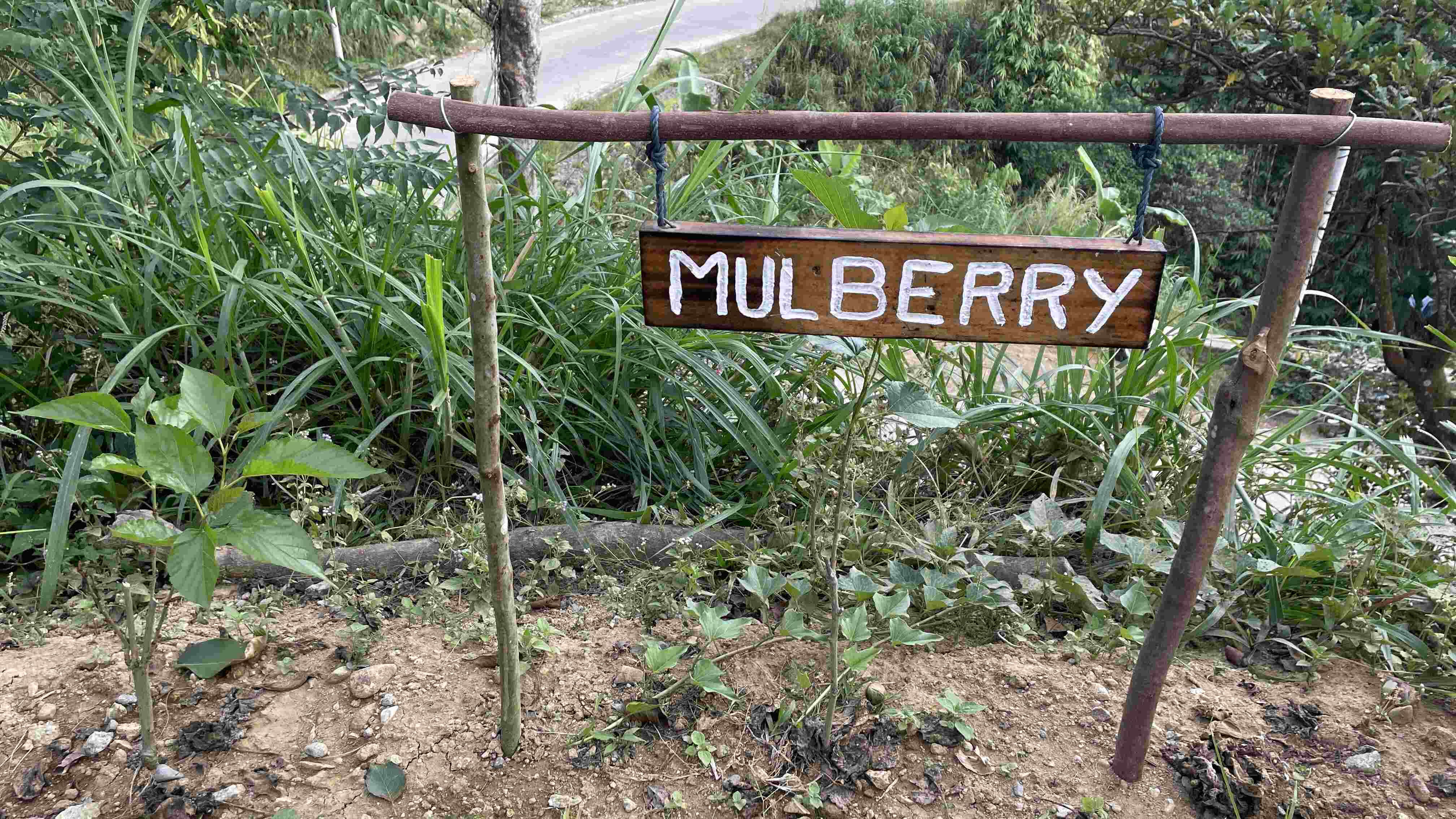Essential Home Security Features for Modern Condo Living
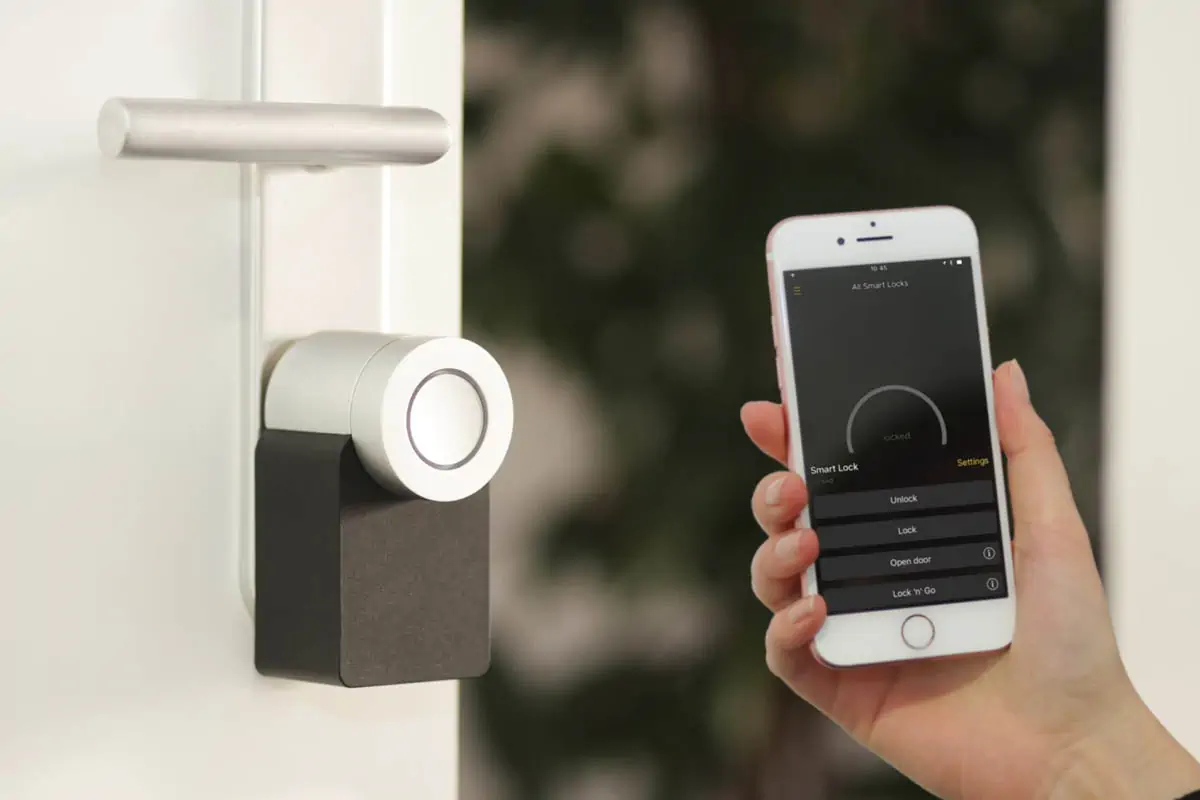 Photo courtesy of sebastian_s via Unsplash
Photo courtesy of sebastian_s via Unsplash
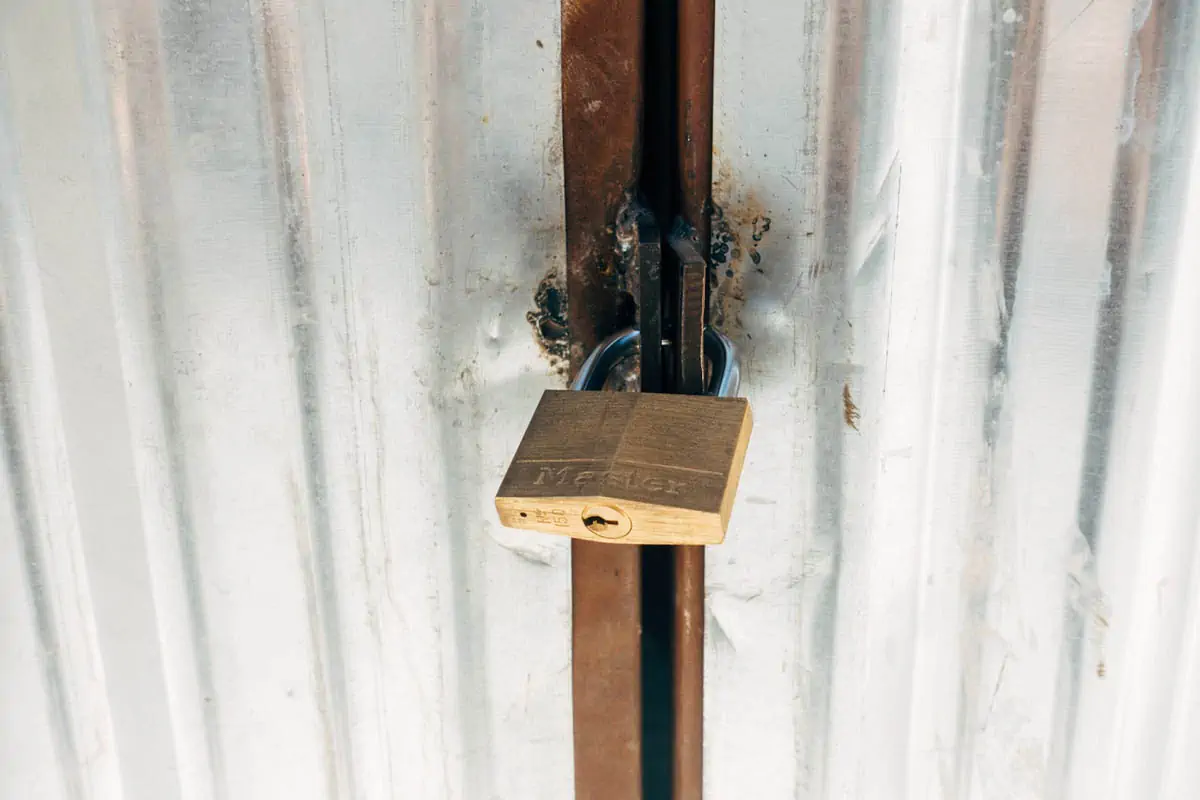 Photo courtesy of markuswinkler via Unsplash
Photo courtesy of markuswinkler via Unsplash
Understanding Condo Security Needs
Condominium living comes with its unique set of security systems needs, especially since these spaces are shared by multiple residents. It’s essential to consider how security measures work not only within each home but across the entire building. Here are some things to consider: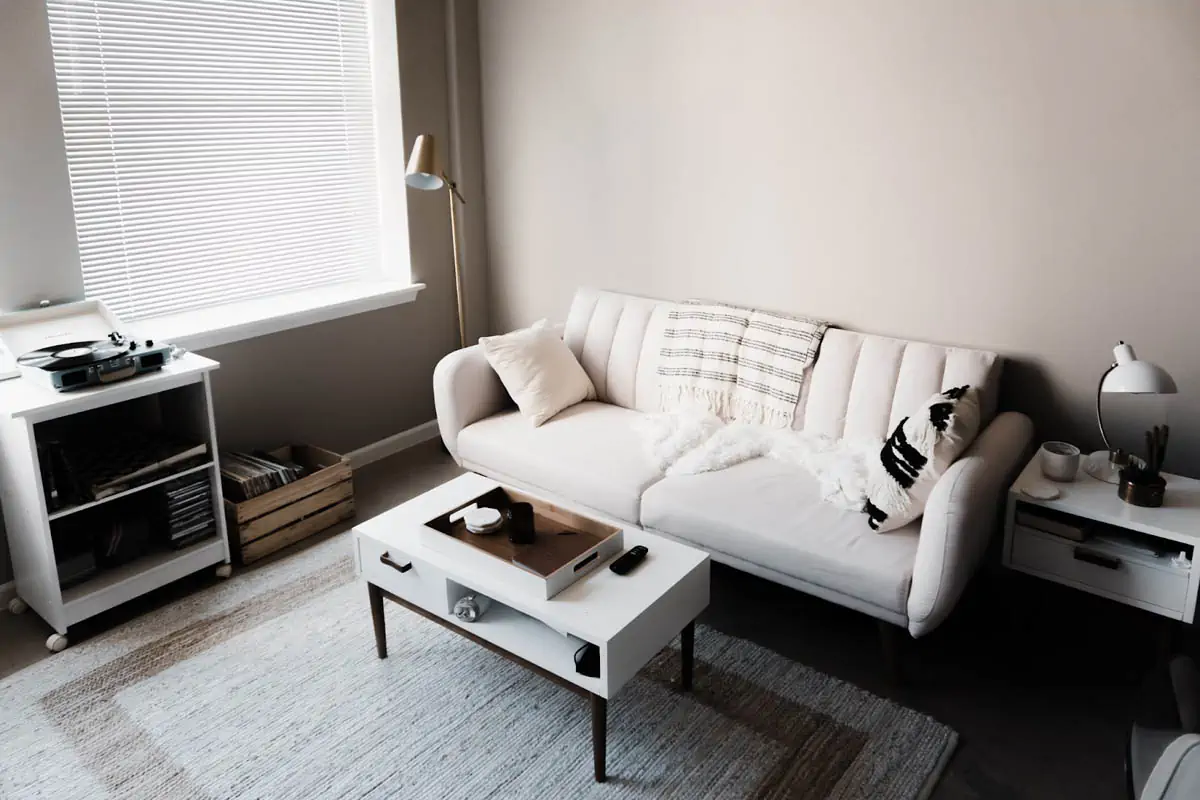 Photo courtesy of sadswim via Unsplash
Photo courtesy of sadswim via Unsplash
1. Unique security challenges in a condo
In a high-rise building, for example, you may have dozens or even hundreds of residents, each with their own routines and lifestyles. Shared spaces like hallways, lobbies, parking areas, and elevators create opportunities for things to go unnoticed. For instance, an unlocked door to a parking garage could allow unauthorized access to multiple units, or a common hallway could become a place where suspicious activity is harder to spot.2. The role of security in preventing crime and enhancing property value
When prospective buyers or renters are looking for a new place to call home, they want to feel confident that they’re moving into a safe environment. A condo with strong home security systems features like 24/7 security personnel, keycard access to restricted areas, and well-lit surroundings gives a sense of security that can make the property more desirable.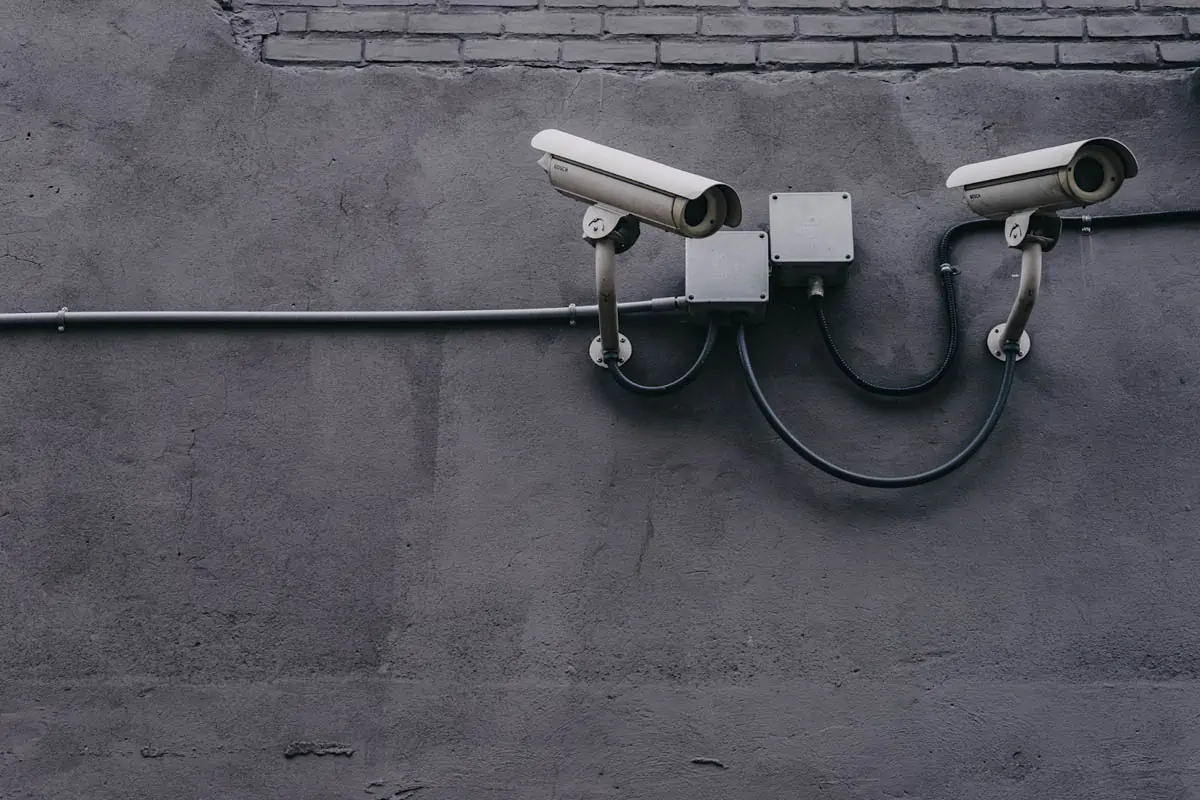 Photo courtesy of scottweb via Unsplash
Photo courtesy of scottweb via Unsplash
3. The balance between privacy and safety
On one hand, you want to ensure your personal space is respected, with limited intrusion from others. On the other, security measures like surveillance cameras in common areas or security personnel in the lobby can sometimes feel like an invasion of privacy. It’s all about finding a balance that keeps everyone safe without making it feel like you’re being watched all the time. There’s a reason why so many people are choosing condominiums these days: they offer safety and convenience, community, and a lifestyle that’s hard to match. Ultimately, these elements not only protect residents but also enhance the overall appeal and value of the property, making it a smart security choice for those looking for both comfort and peace of mind.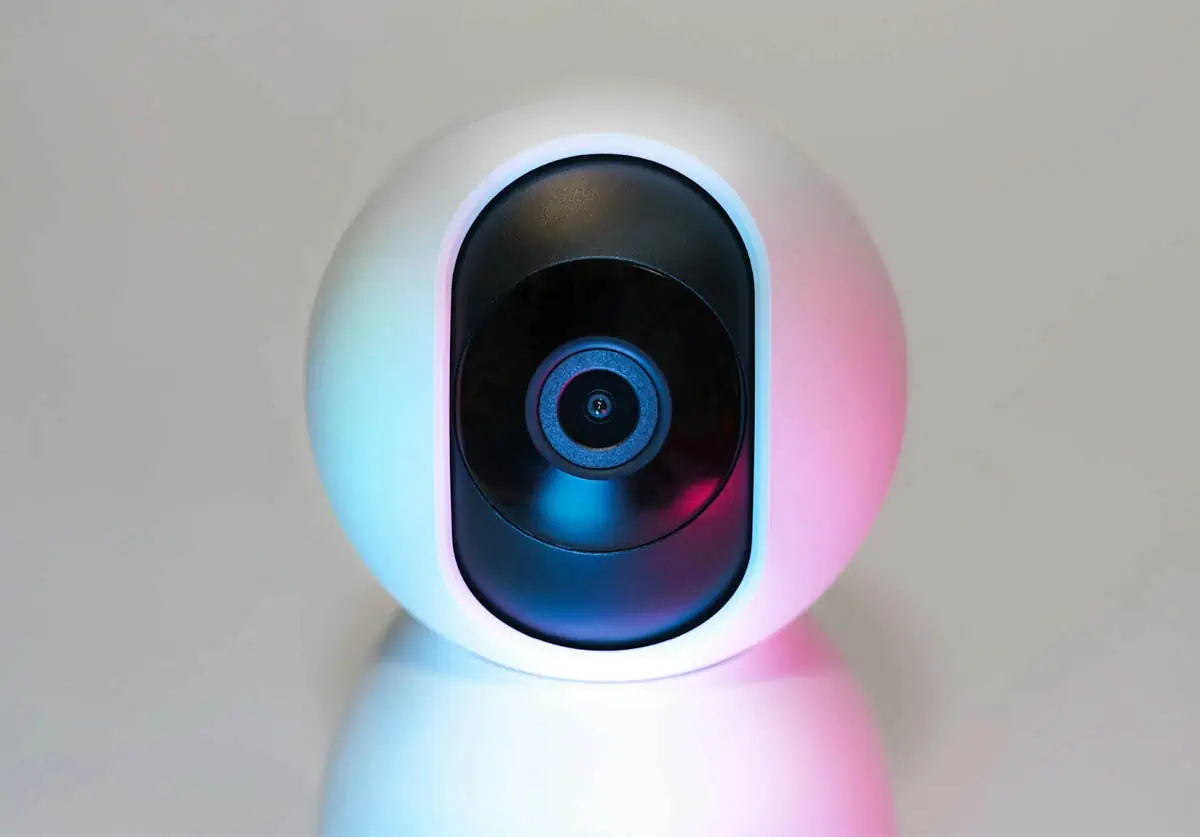 Photo courtesy of bernardhermant via Unsplash
Photo courtesy of bernardhermant via Unsplash
Physical Security Features
Shared spaces have varying levels of access. Effective security involves a mix of elements that protect common areas. This section is a closer look at these physical security features and how they work together to keep residents safe while maintaining the overall functionality and convenience of condo living:4. Building Access Control
Gated entrances and controlled access points, like security guards at the front gate or keycard access to the parking garage, help ensure that only residents and authorized visitors can get in.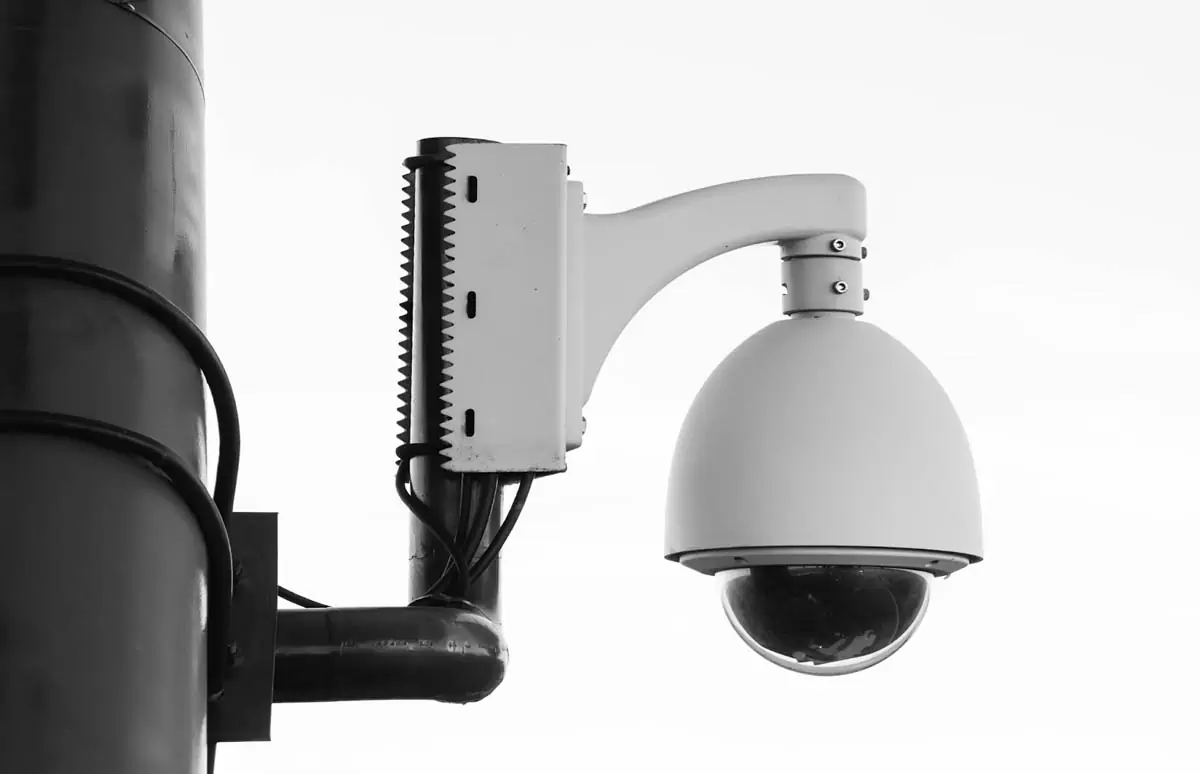 Photo courtesy of pawel_czerwinski via Unsplash
Photo courtesy of pawel_czerwinski via Unsplash
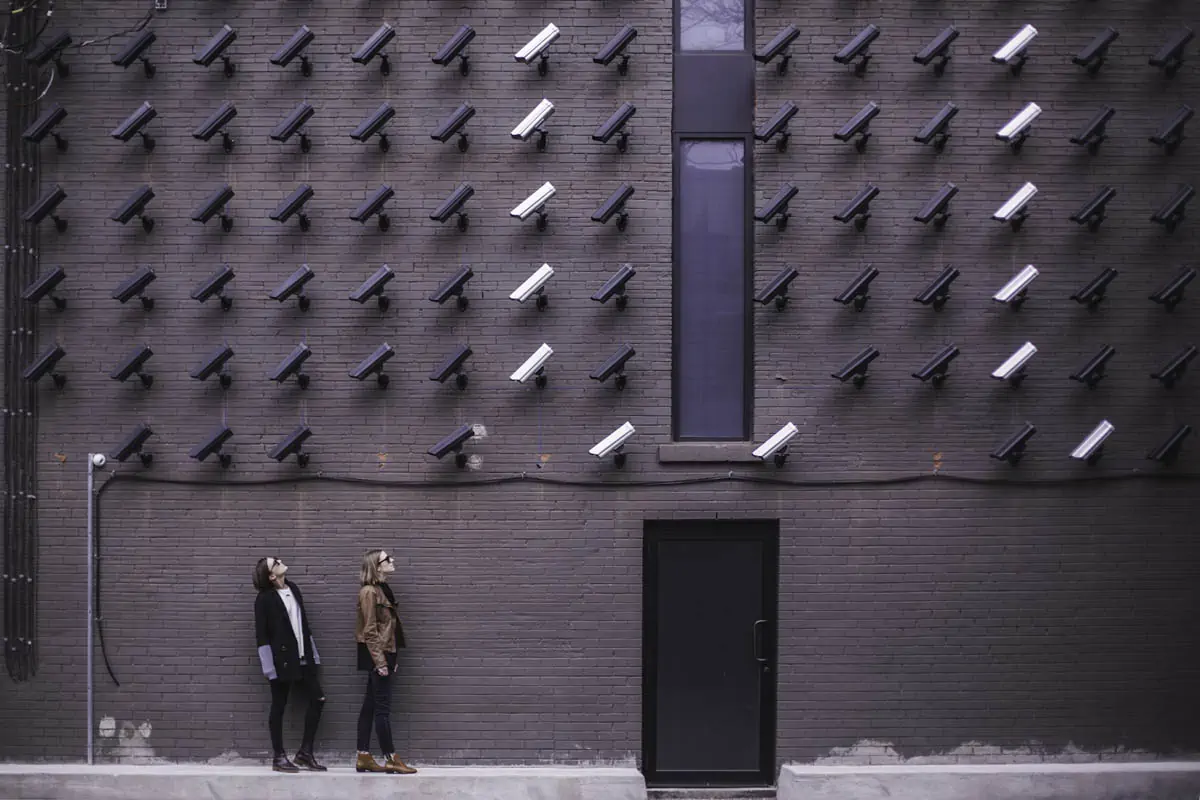 Photo courtesy of matthewhenry via Unsplash
Photo courtesy of matthewhenry via Unsplash
5. Surveillance Systems
CCTV cameras are commonly used in common areas like hallways, lobbies, parking lots, and entrances to provide continuous monitoring to deter potential criminal activity. If anything does happen, having video footage can be crucial for identifying suspects or resolving disputes. Real-time monitoring is a big plus with these systems, especially for security staff who can spot issues immediately. If there’s any suspicious activity, they can act quickly to address it, whether that’s alerting authorities or intervening on-site.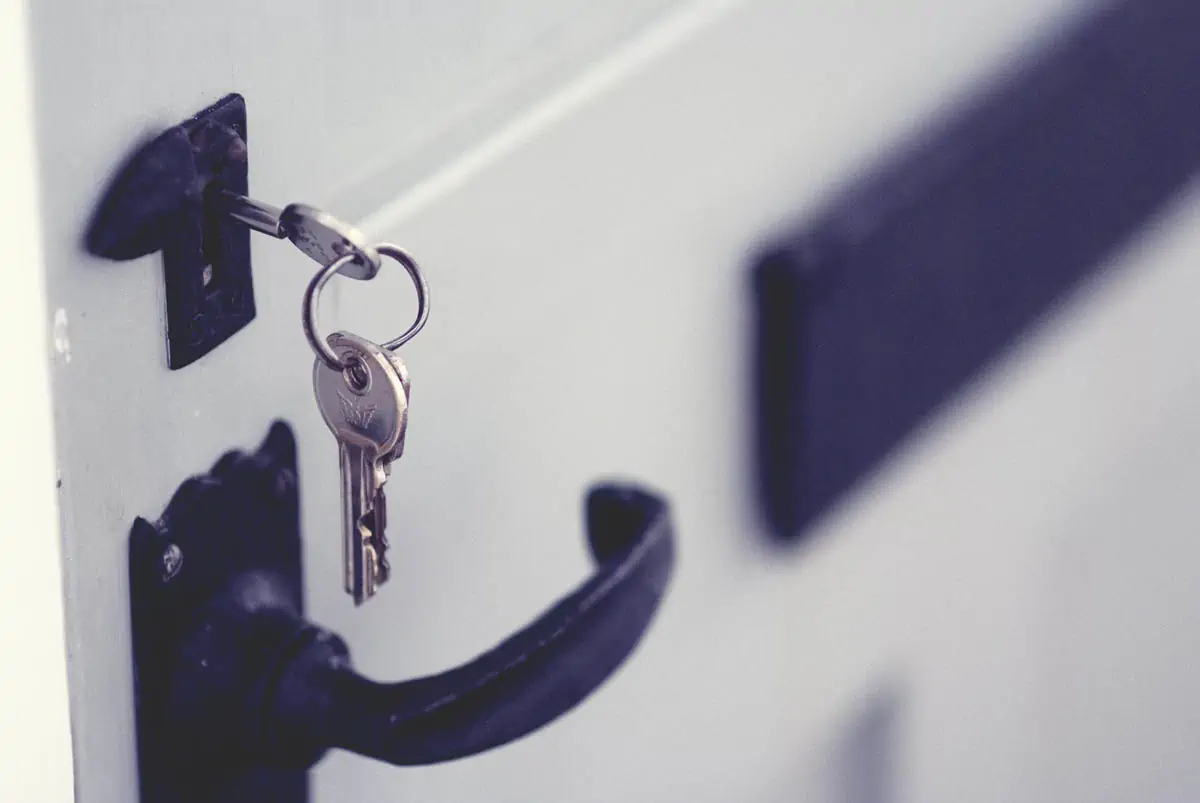 Photo courtesy of jaye_haych via Unsplash
Photo courtesy of jaye_haych via Unsplash
6. Security Guards and Personnel
With an on-site security team, residents can feel more secure knowing there are actual people present to patrol the building and respond to incidents in real-time. An on-site team can quickly address any issues, like a suspicious person in the parking lot or an emergency, without delay.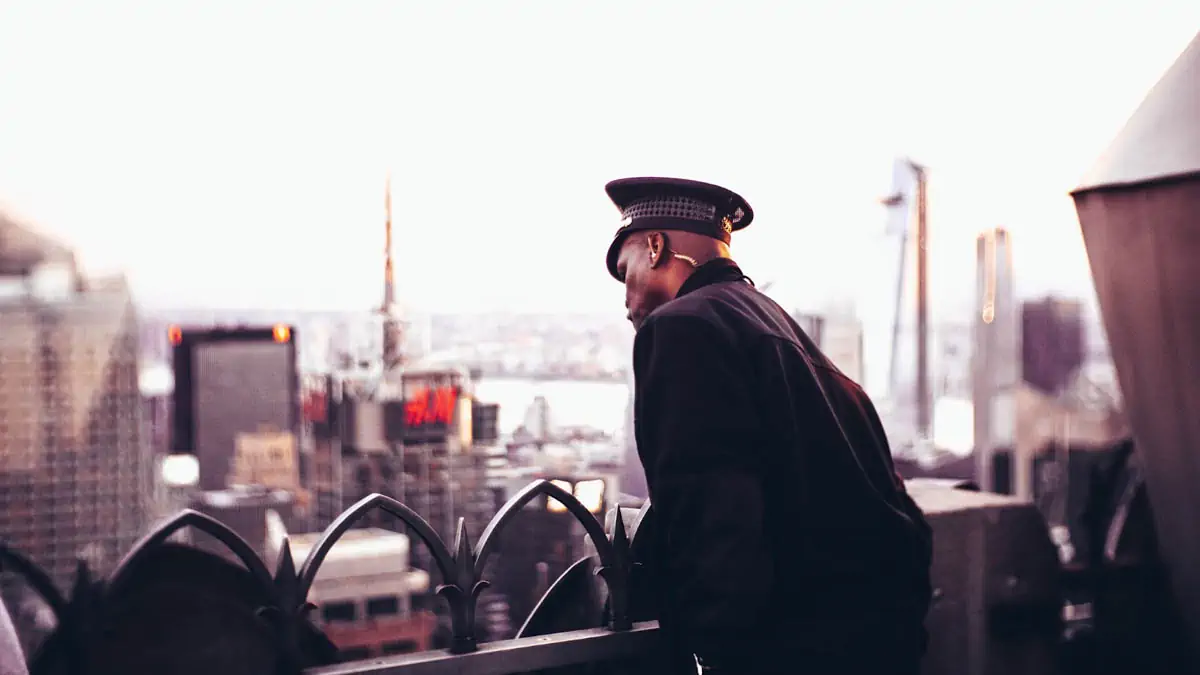 Photo courtesy of guibusted via Unsplash
Photo courtesy of guibusted via Unsplash
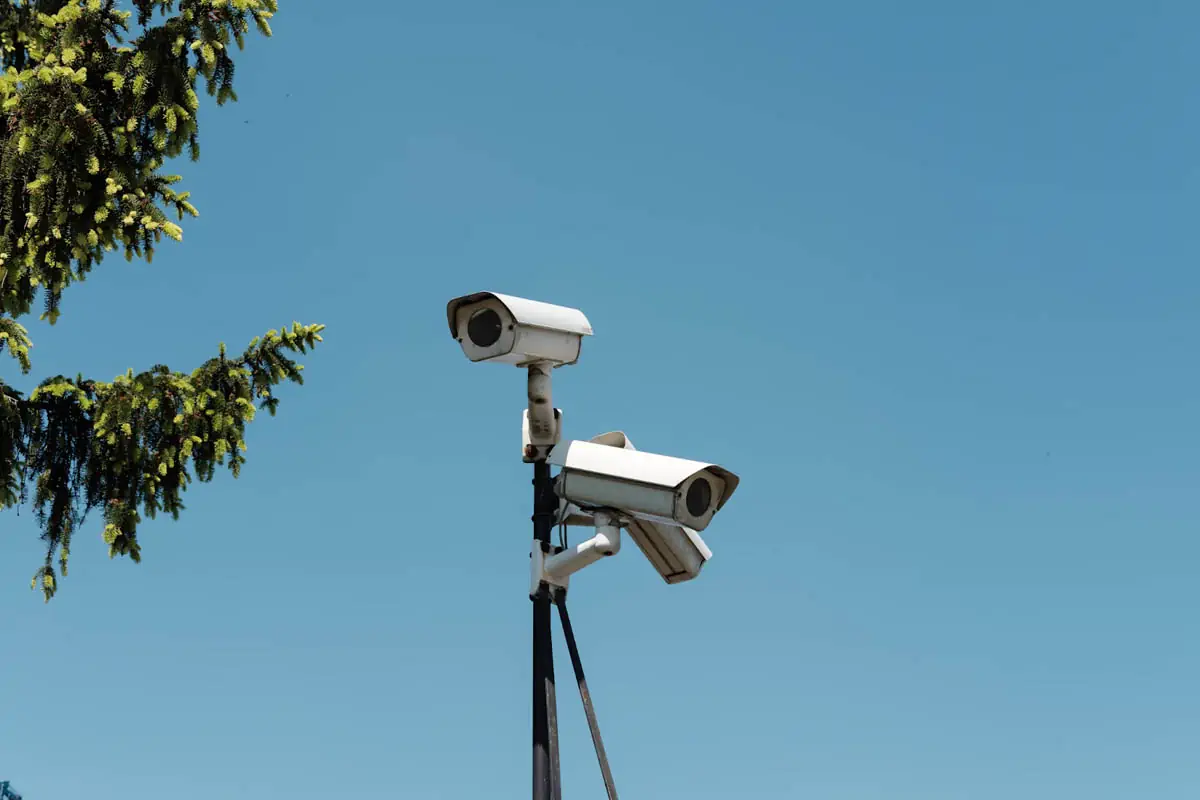 Photo courtesy of jaqbovsky via Unsplash
Photo courtesy of jaqbovsky via Unsplash
Interior Security Features
Security features inside your unit are just as important as the overall building security. Once you’re inside your unit, it’s all about what you’ve got in place to keep yourself and your belongings safe. Take a closer look at why interior security is just as essential:7. Unit Door Security
Opting for doors made from steel or reinforced wood provides durability and resistance against break-ins. Adding a deadbolt lock is a must, as it significantly increases protection compared to standard locks. Peepholes are another simple yet effective addition, allowing you to see who’s outside before opening the door.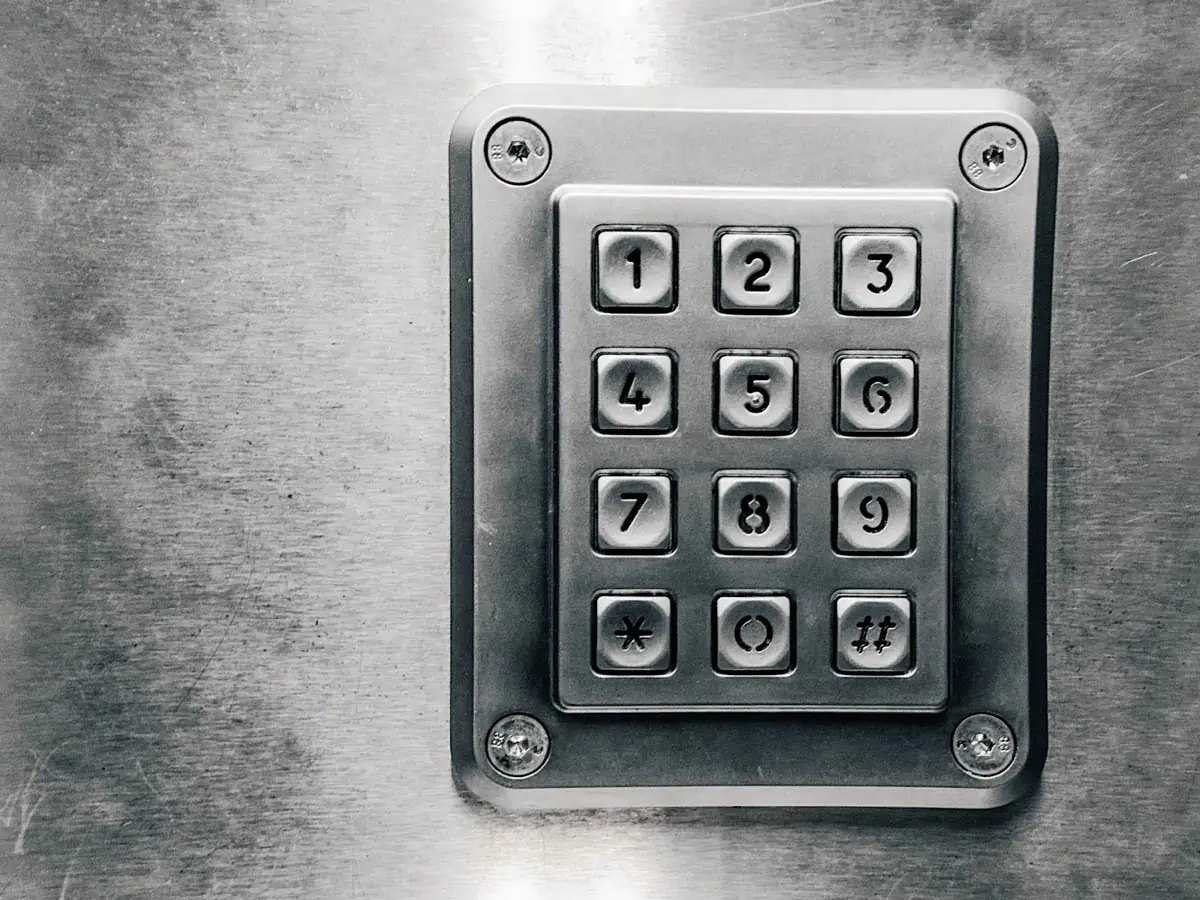 Photo courtesy of moneyphotos via Unsplash
Photo courtesy of moneyphotos via Unsplash
8. Windows and Balcony Security
Windows and balconies are common weak points in home security, especially for units on lower floors or near other buildings. Secure window locks and impact-resistant glass are good to keep your windows safe from forced entry or accidental damage. For balconies, installing reinforced barriers or bars adds an extra layer of safety, particularly if children or pets are present.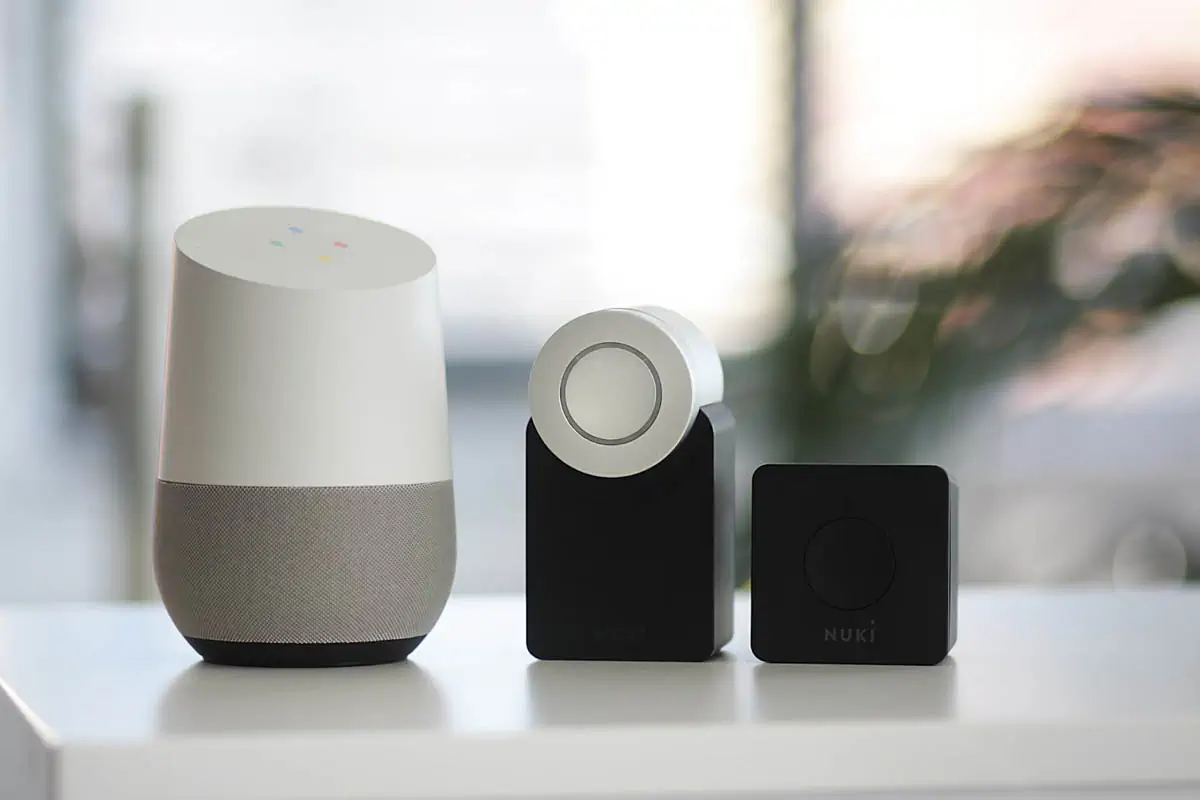 Photo courtesy of sebastian_s via Unsplash
Photo courtesy of sebastian_s via Unsplash
Fire and Emergency Safety Features
When talking about condo safety, it’s impossible not to highlight fire emergency and safety measures. It is a major part of the equation to know types of alarms and how to use them. After all, condos are shared spaces, and one small mishap in a unit can potentially affect the entire building. Here are some points to discuss:9. Fire Alarms and Sprinkler Systems
These are the first line of defense in a fire emergency, and they’re supposed to give you a heads-up before things get out of hand.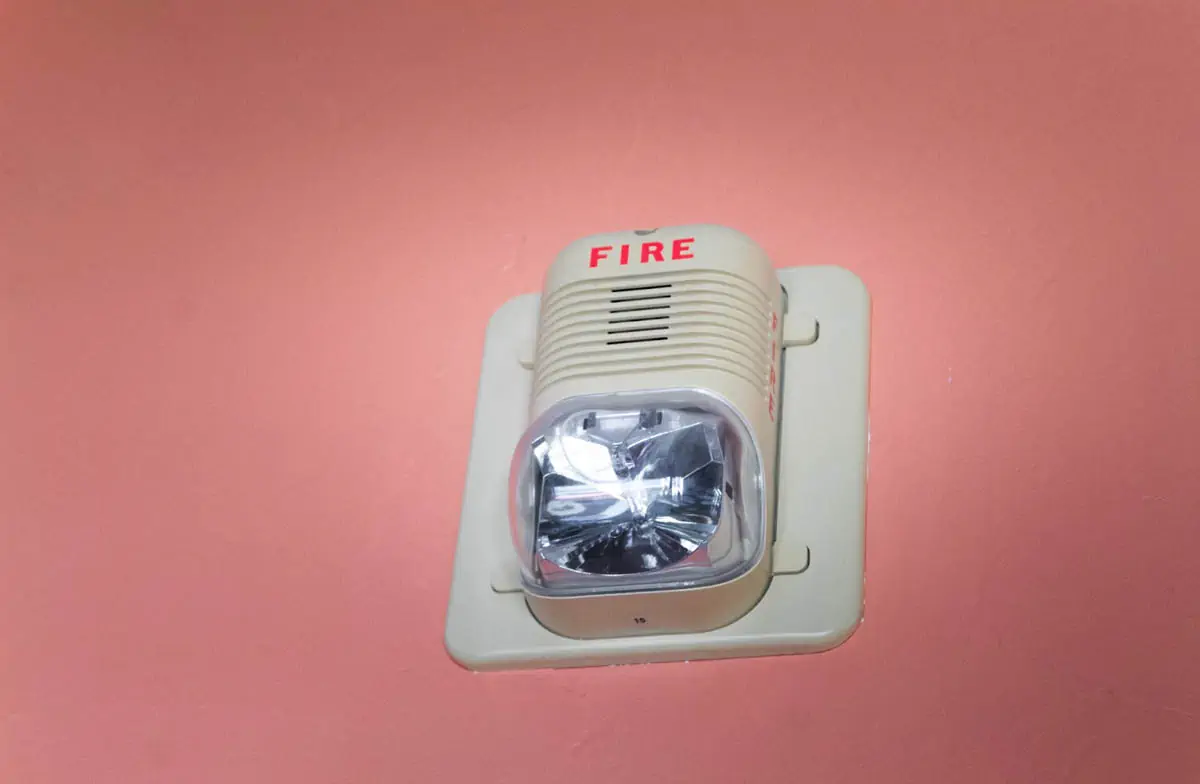 Photo courtesy of brianwangenheim via Unsplash
Photo courtesy of brianwangenheim via Unsplash
10. Emergency Evacuation Plans
In an emergency, no one has time to stop and decode a confusing map or search for an exit sign hidden behind a potted plant. Those signs need to be visible, well-lit, and easy to follow, no matter what floor you’re on.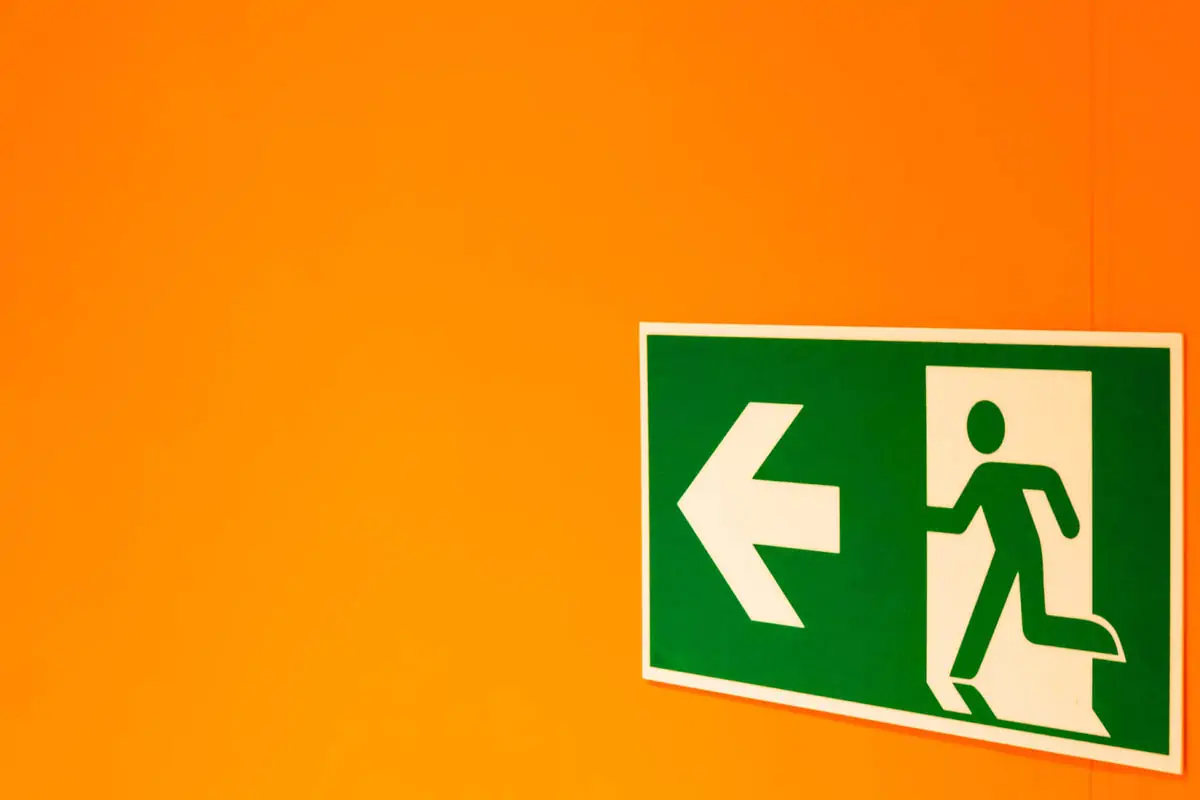 Photo courtesy of moino007 via Unsplash
Photo courtesy of moino007 via Unsplash
11. First-Aid and Emergency Supplies
First-aid kits should be stocked, not just with band-aids and antiseptic, but also with essentials like gauze, scissors, and gloves. You don’t want to open one during an emergency and find it’s basically empty or expired. Photo courtesy of kwook via Unsplash
Photo courtesy of kwook via Unsplash
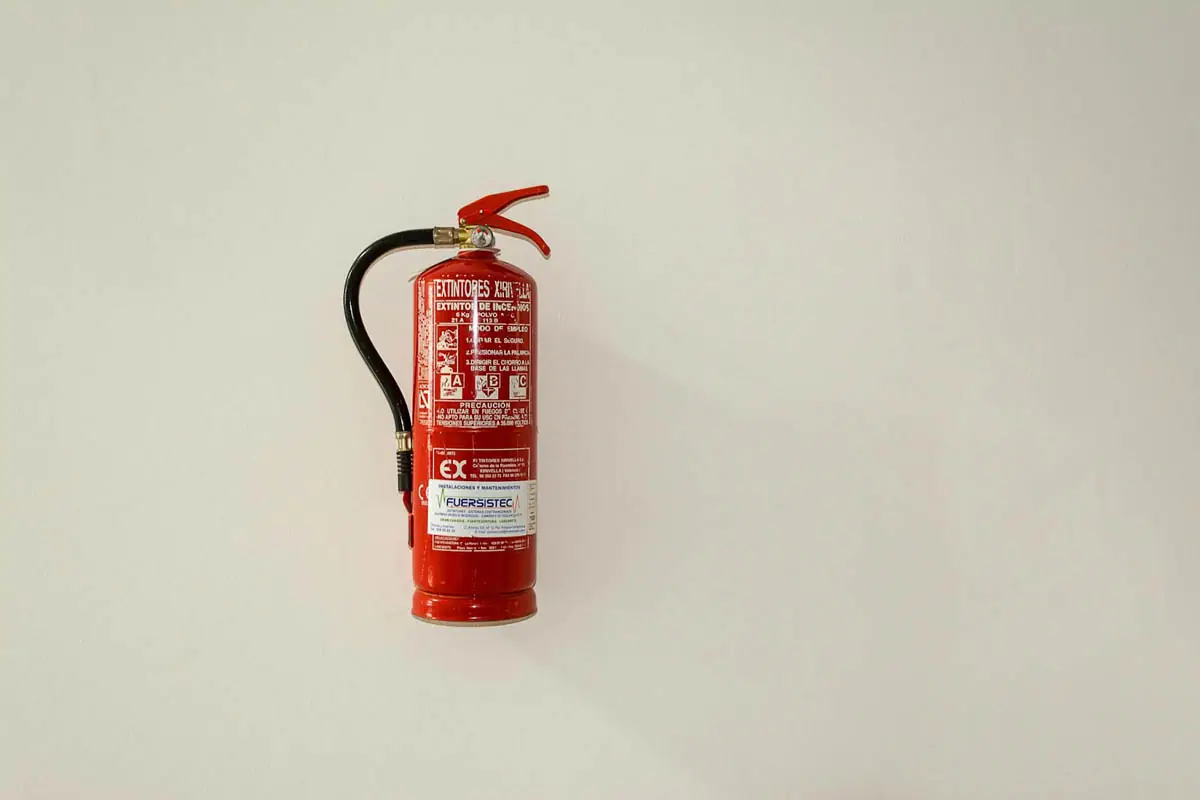 Photo courtesy of Jan van der Wolf via Unsplash
Photo courtesy of Jan van der Wolf via Unsplash
Lighting and Perimeter Security
While internal features protect your unit, proper lighting and a well-secured perimeter not only discourage potential threats but also contribute to a safer and more comfortable environment for all residents. Here’s why they’re so important:12. Outdoor Lighting
Well-lit pathways, parking lots, and entrances create a visible and safe environment, deterring unauthorized access and criminal activity. Adequate lighting also ensures that residents and visitors can move around safely, especially at night.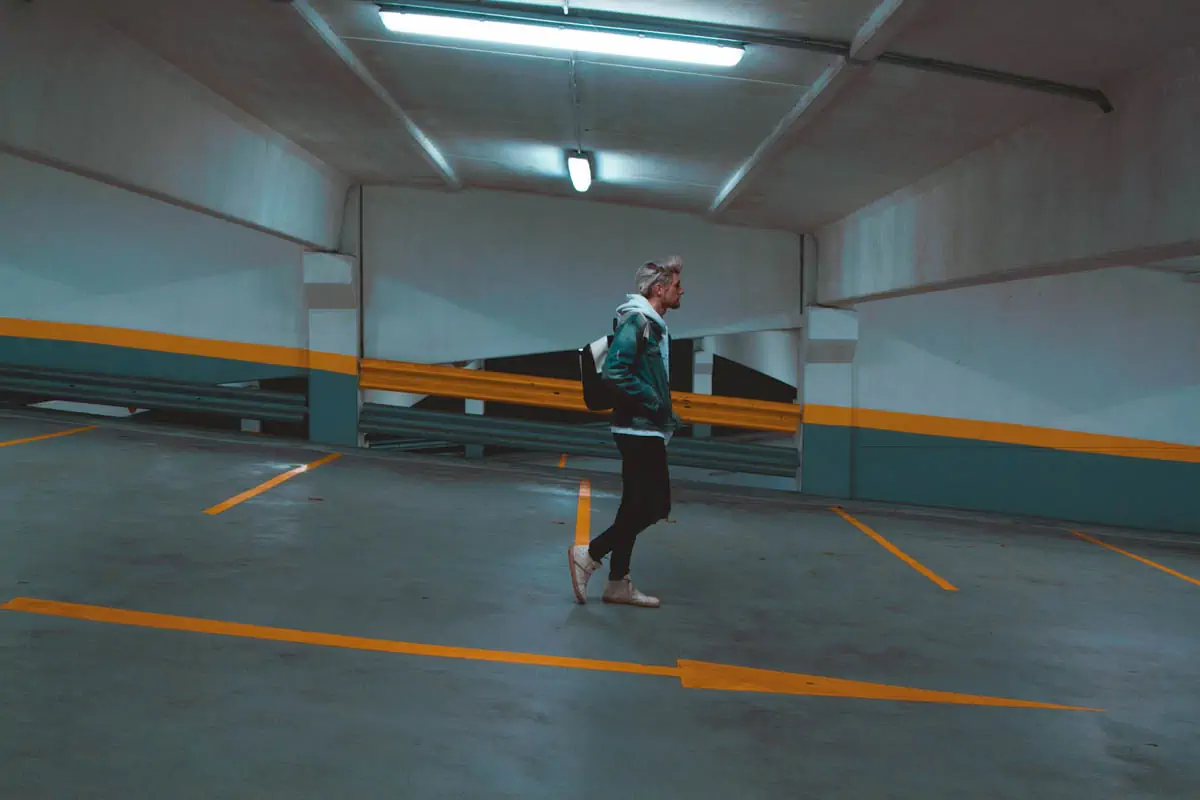 Photo courtesy of philipp9894 via Unsplash
Photo courtesy of philipp9894 via Unsplash
13. Fencing and Barriers
Landscaping also plays a role in security. Strategic use of plants, like thorny bushes near windows or low walls, can act as natural barriers to discourage potential intruders. While adding to the aesthetic of the condo, this approach subtly enhances the property’s defenses. Photo courtesy of vaan1287 via Unsplash
Photo courtesy of vaan1287 via Unsplash
Technology-Driven Security Features
With advancements in technology, condo security has moved beyond just locks and cameras. Modern systems now have simplified processes for residents and management. Here are a few to mention:14. Smart Home Integration
With smart home devices, you can monitor and control your space remotely through security apps. For instance, brands like Ring or Nest offer doorbell cameras that let you see and talk to visitors from anywhere—whether you’re upstairs or on vacation. Smart locks like those from August or Schlage Encode allow keyless entry and remote locking, so you’ll never have to worry about losing your keys again.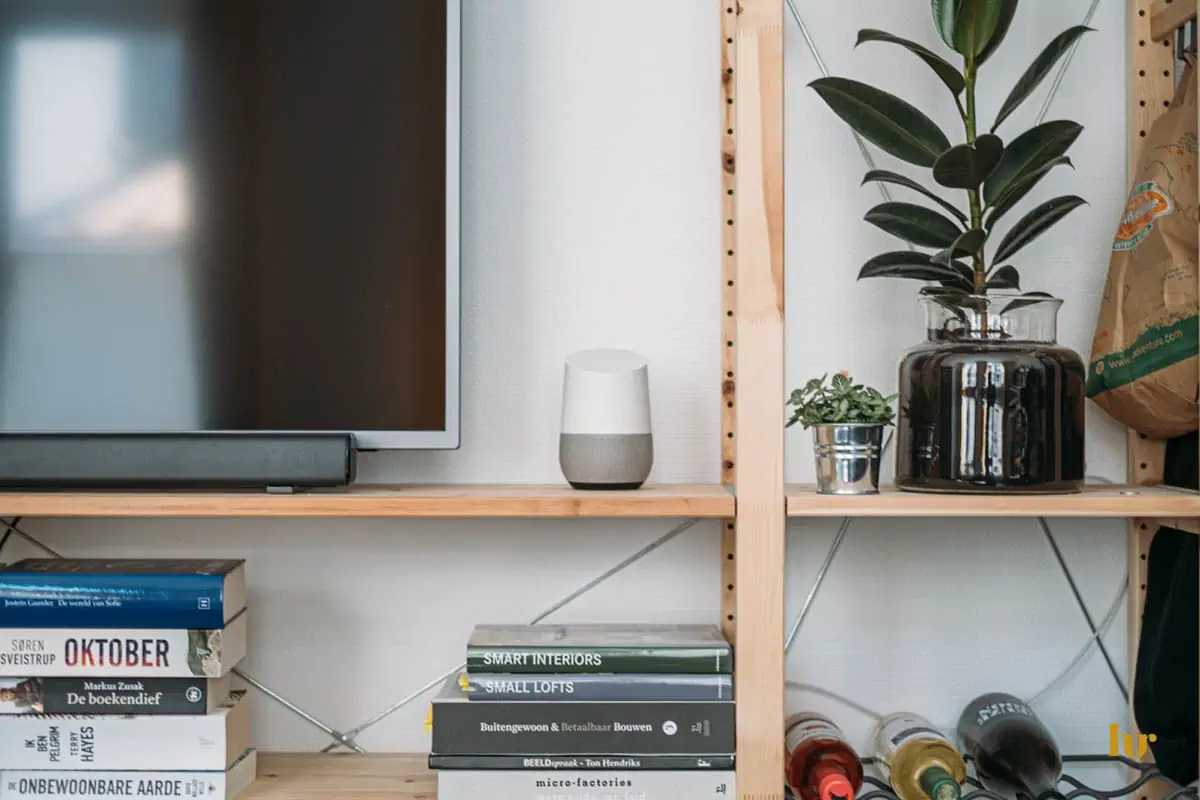 Photo courtesy of jonasleupe via Unsplash
Photo courtesy of jonasleupe via Unsplash
15. Intercom and Communication Systems
Intercom systems are a condo staple, but modern ones take communication to the next level. Systems like Aiphone or ButterflyMX enable easy video communication between residents and guests, giving you a clear view of who’s at the entrance before you let them in.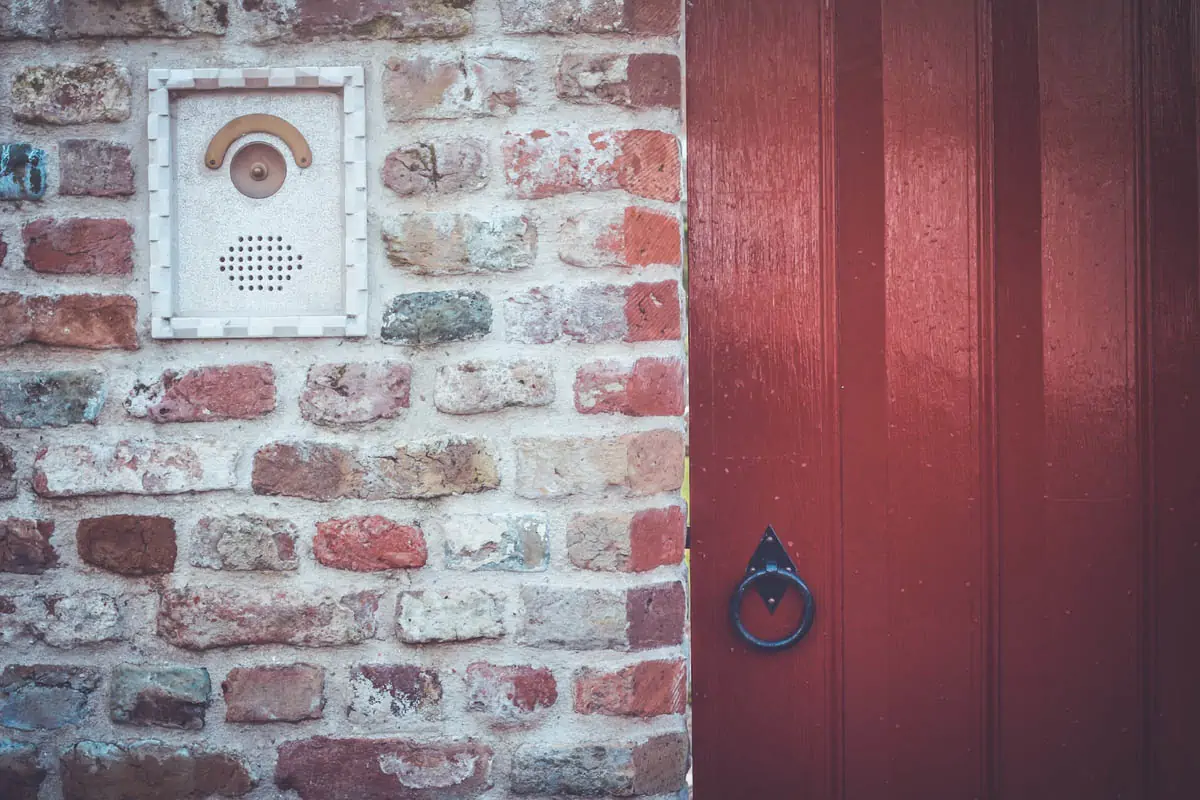 Photo courtesy of brina_blum via Unsplash
Photo courtesy of brina_blum via Unsplash
16. Package Delivery Security
With online shopping being the norm, package delivery security has become a big deal. Some condos now offer secure package rooms or lockers where residents can pick up their deliveries safely. Systems like Parcel Pending or Amazon Hub are great examples—they notify you when your package has arrived and keep it stored securely until you retrieve it.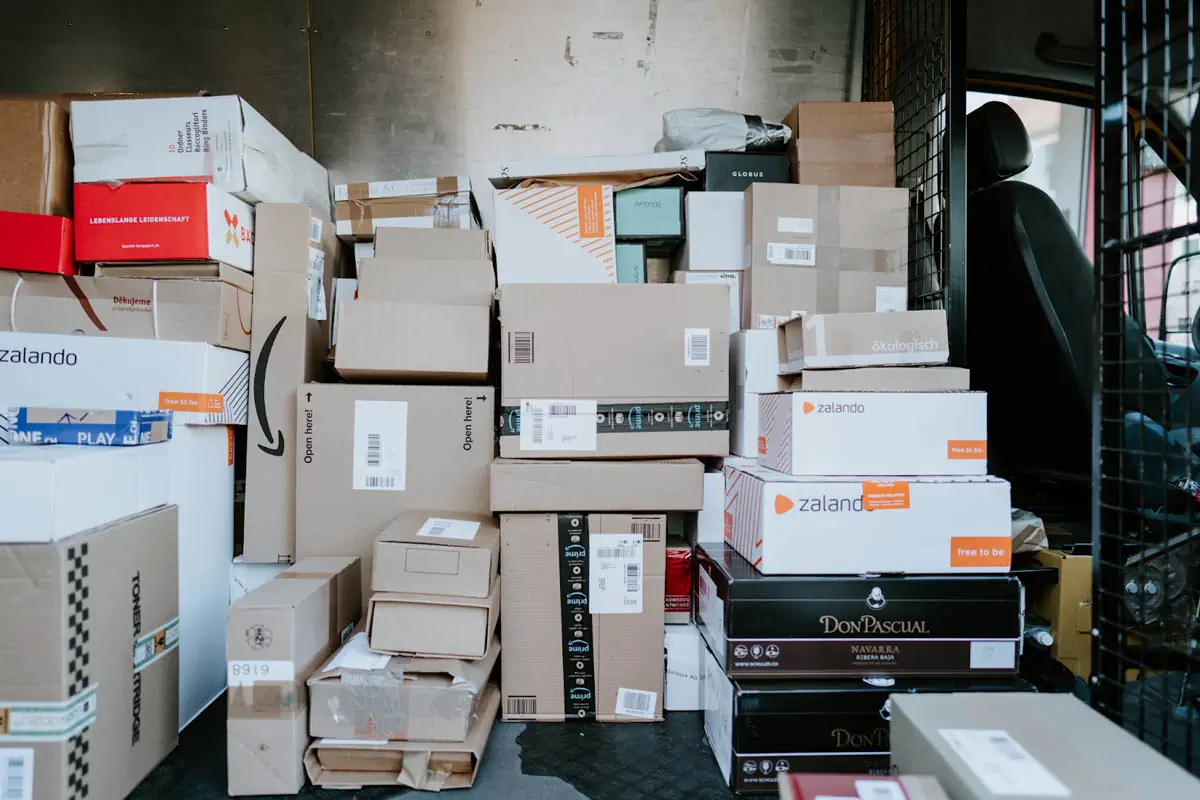 Photo courtesy of purzlbaum via Unsplash
Photo courtesy of purzlbaum via Unsplash
Insurance and Liability
Sometimes, no matter how many precautions you take, unexpected accidents can still happen. Maybe it’s a burst pipe flooding your unit, a fire starting from a neighbor’s apartment, or a slip-and-fall in a common area. These situations can surprise you, but it’s important to remember that you have rights as a condo resident—and knowing where you stand is crucial: Photo courtesy of homajob via Unsplash
Photo courtesy of homajob via Unsplash
17. Condo Insurance Coverage
Most condo associations have a master insurance policy that covers the building itself and common areas, like the lobby, hallways, and amenities. However, this doesn’t extend to your personal belongings or the interior of your unit, which is where personal insurance may be more useful. For example, if there’s a break-in and your valuables are stolen, the condo’s policy likely won’t cover your losses—but a personal renter’s or homeowner’s insurance policy will. This ensures you’re covered for theft, accidental damage, or even events like water leaks.18. Liability Considerations
When it comes to common areas—like if someone trips on an uneven tile in the lobby or there’s a security breach due to a faulty gate—responsibility often falls on the condo association. However, these scenarios can get tricky, which is why understanding your association’s insurance and maintenance policies is important. Photo courtesy of homajob via Unsplash
Photo courtesy of homajob via Unsplash


